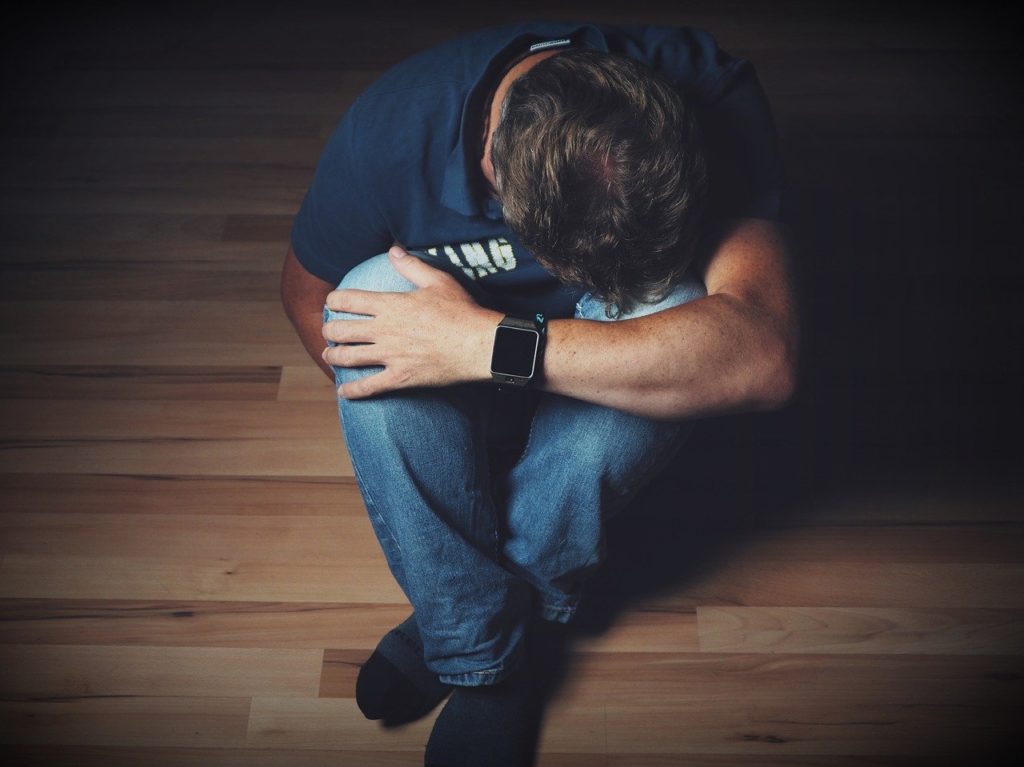Depression
the way you think and how you feel
Depression
Depression is a common mental health condition that negatively affects how you function in everyday life, the way you think and how you feel. Depression is also known as low mood or sadness.
There are many causes of depression, sometimes the person who is feeling sad can easily point to the reason why they are depressed and sometimes the person cannot identify why they are feeling in that particular way. Most of the time more than one factor contributes to a person’s depression. Therapy or counselling help people to identify why they are depressed and how to deal with those feeling.
Depression affects people in various ways and can cause a broad variety of emotional and physical symptoms, the most commons signs for depression are feelings of sadness, low, unhappy, hopeless and a loss of interest in activities you once enjoyed. Depression symptoms can vary in intensity and can include:
Depression symptoms can vary in intensity and can include:
- Feeling sad, upset, low mood or unhappy.
- Loss of interest, motivation or pleasure in activities that you used to enjoyed
- Lack or increase in appetite, which can reflect in weight changes.
- Sleep problems. Difficulties to sleep or sleeping too much but not feeling rested.
- Loss of energy or increased fatigue.
- Difficulties in attention, concentration and memory.
- Feeling worthless or guilty.
- Crying easily.
- Social isolation.
- Suicidal thoughts.
- Self-harming thoughts.
Fortunately, depression can be treated. It is often treated by Psychologist, counsellors, therapist and if it is needed by medical doctors who can prescribe antidepressants. Usually therapy is enough to overcome depression and function well.
Cognitive behavioural therapy (CBT) is a well-known, effective and quick way to treat depression’s symptoms to function well again. Psychodynamic therapy will help you to explore in depth why you are depressed and why you have probably had already more than one episode of depression. Mixing both therapeutic approaches I can help you to work on getting rid of the symptoms of depression, understand the root of why you have been feeling low, get back on track and prevent a new episode in the future.
Click on the WhatsApp logo or complete the contact box and send me a message to arrange a 10 minutes conversation where we check if I can help you and plan the next step.

